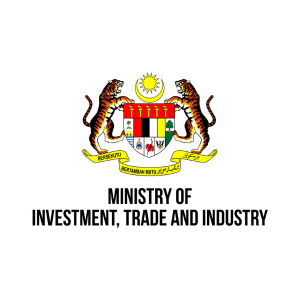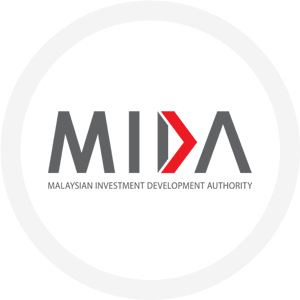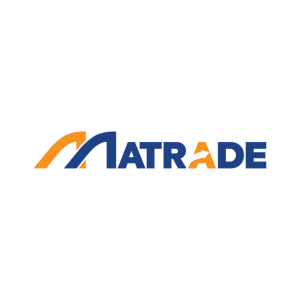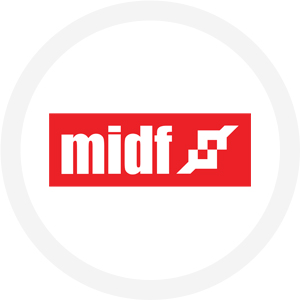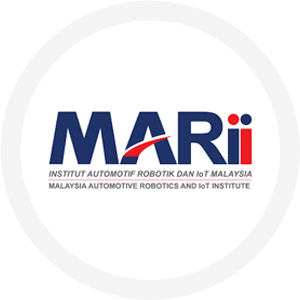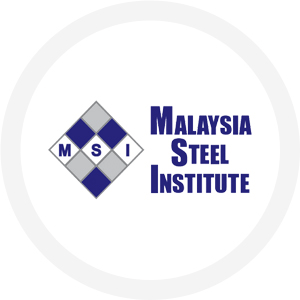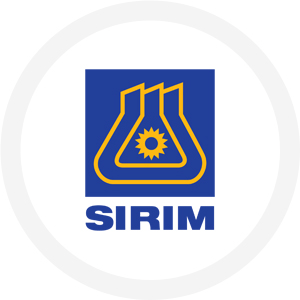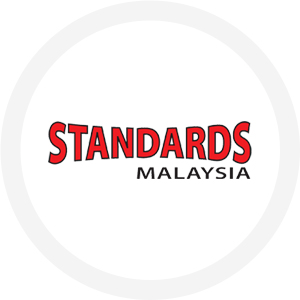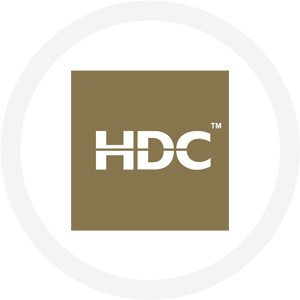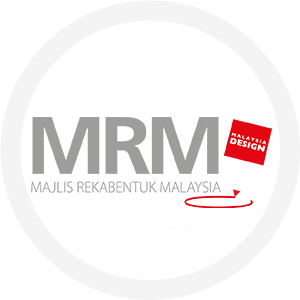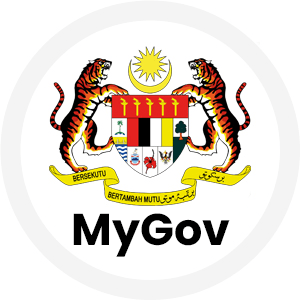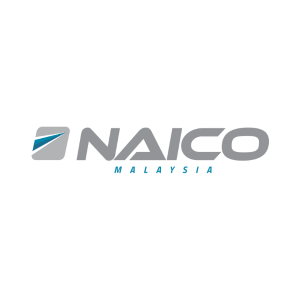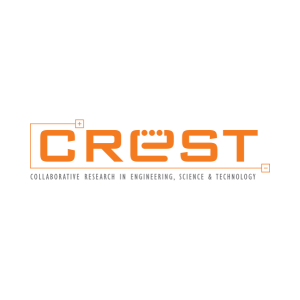Malaysia No Longer Just Competing But Leading: Industry Chief
30 Jun 2025
KUALA LUMPUR: Malaysia's rise in the IMD World Competitiveness Ranking 2025 reflects the tangible outcomes of strategic and productivity-driven reforms, with the pharmaceutical sector emerging as a standout contributor to the success.
Pharmaceutical Productivity Nexus (PPN) champion and Malaysian Organisation of Pharmaceutical Industries president Ch'ng Kien Peng said Malaysia is no longer just competing but leading.
Ch'ng said the pharmaceutical sector's gains reflect what is possible when productivity reforms are targeted, data-driven and collaborative.
"These wins go beyond industry metrics; they mean better access to affordable medicines, more quality jobs for Malaysians, and increased resilience in our healthcare supply chain," he said in a statement.
Under Malaysia Productivity Corporation (MPC), the PPN has driven structural changes that translate directly into economic value.
These include streamlining product registration processes, aligning technical requirements across agencies and reducing regulatory bottlenecks.
As a result, the corporation said two new pharmaceutical facilities have successfully moved to development, unlocking millions in investment and new job opportunities.
"Two additional facilities are progressing more rapidly, thanks to reduced duplication and stronger agency coordination.
"Approval timelines have been shortened, giving Malaysian firms a competitive edge in time-to-market," it said.
MPC director general Datuk Zahid Ismail said the sector's transformation offers a blueprint for national economic renewal.
"Every bottleneck removed is an opportunity unlocked whether it's faster factory approvals, increased export readiness, or local production of critical medicines.
"This is productivity with purpose, and its effects are measurable," said Zahid.
To sustain and scale these results, MPC urged the industry to continue investing in automation, digitalisation and skills development.
In addition, the government should accelerate mutual recognition agreements, innovation incentives and seamless inter-agency frameworks, it said.
Source: New Straits Times, Bernama, Lumi News, KLScreener







